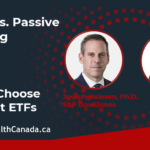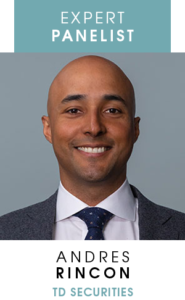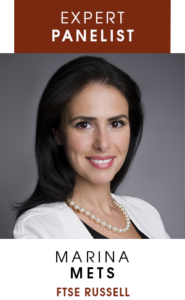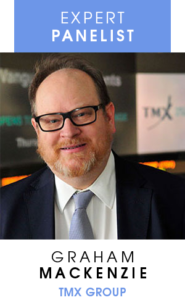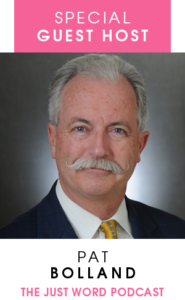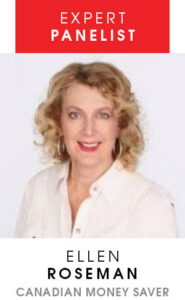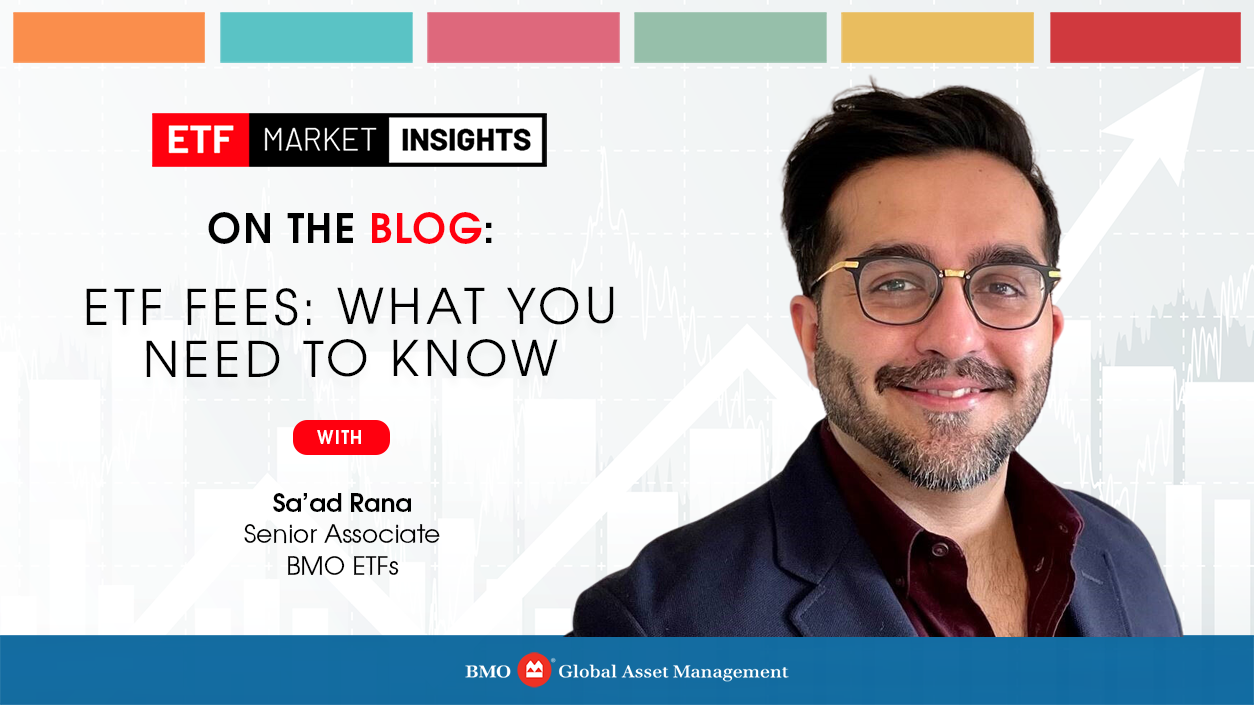
Investing in Exchange-Traded Funds (ETFs) can be a smart move for many investors, but it’s crucial to have a clear understanding of the costs and fees associated with these investment vehicles. In this blog post, we will decode the various expenses and provide valuable insights to help you make informed decisions.
Expense Ratio: Unveiling the Components:
The expense ratio is a fundamental factor to consider when evaluating ETF costs. It encompasses several elements, including:
- Management fees: ETFs charge management fees for the professional management of the fund.
- Operating expenses: These expenses cover administrative costs, custody fees, and legal fees.
- Trading costs: ETFs incur costs associated with buying and selling the underlying assets that make up the fund.
- Taxes: ETFs may also be subject to taxes including, interest, dividend, and capital gains taxes, which are passed on to investors.
The expense ratio is typically expressed as an annual percentage of the total assets under management (AUM) and is deducted from the ETF’s net asset value (NAV). For instance, if an ETF has an expense ratio of 0.50% and an NAV per unit of $100, the annual cost to investors would amount to $0.50/unit.
Exploring Other Cost Considerations:
1. Tracking Error: Although ETFs aim to replicate the performance of an underlying index or asset class, certain factors such as fees, market conditions, market timing, currency, and tracking methodology can lead to a difference between the ETF’s returns and the index it tracks. This disparity is known as tracking error.
2. Bid-Ask Spread: The bid-ask spread represents the difference between the highest price a buyer is willing to pay and the lowest price a seller is willing to accept for an ETF. Liquidity, market conditions, ETF characteristics, trading volume, and market maker activity influence the bid-ask spread. Narrower spreads are generally observed with higher liquidity and trading volumes, while wider spreads are prevalent with lower volumes and niche markets. Investors should consider bid-ask spreads, as they can affect transaction costs and overall investment returns. To mitigate these costs, investors can use limit orders to specify their desired price and potentially minimize the impact of wider spreads.
3. Currency Hedging: ETFs provide easy access to assets from different regions worldwide. Investing in non-Canadian assets expose investors to two potential sources of return: the return of the security and the return of the foreign currency relative to the Canadian dollar (CAD). Currency fluctuations can have either a positive or negative impact on your total return. Currency-hedged ETF solutions are available and aim to mitigate the impact of currency fluctuations, allowing investors to participate in global markets as if they were local. It is important to understand however, that there is a cost for currency hedging. At BMO ETFs this cost is minimal as we use forward currency contracts to hedge purposes which are very cost effective.
4. Cost of Leveraged ETFs: Leveraged ETFs can provide amplified exposure to an underlying index or asset class. While they can be appealing to investors seeking magnified returns, they can also magnify losses on the downside. Due to the compounding effect and daily resets, even a small decline in the underlying index can lead to substantial losses in a leveraged ETF. Also, it is important to consider the potential unseen costs associated with leveraged ETFs. Leveraged ETFs tend to have higher expense ratios compared to traditional ETFs. These higher fees are associated with the additional costs involved in implementing leverage and the cost of borrowing.
It’s essential to recognize that ETF fees can differ significantly depending on the fund’s investment strategy and the underlying assets. For instance, an ETF tracking a broad stock market index generally has a lower expense ratio compared to an ETF investing in niche markets or utilizing more complex investment strategies.
Investors should also be aware of additional costs associated with ETFs, such as brokerage fees and commissions. These fees are charged by the investor’s brokerage firm and can vary based on the firm’s policies and the investor’s trading activity.
Overall, ETF costs are an important consideration for investors, as they can have a significant impact on investment returns over time. Investors should carefully review an ETF’s expense ratio and other associated costs before investing to ensure that they are getting the best value for their investment dollars.
DISCLAIMER:
Commissions, management fees and expenses (if applicable) may be associated with investments in mutual funds and exchange traded funds (ETFs). Trailing commissions may be associated with investments in mutual funds. Please read the fund facts, ETF Facts or prospectus of the relevant mutual fund or ETF before investing. Mutual funds and ETFs are not guaranteed, their values change frequently and past performance may not be repeated.
For a summary of the risks of an investment in BMO Mutual Funds or BMO ETFs, please see the specific risks set out in the prospectus of the relevant mutual fund or ETF . BMO ETFs trade like stocks, fluctuate in market value and may trade at a discount to their net asset value, which may increase the risk of loss. Distributions are not guaranteed and are subject to change and/or elimination.
BMO Mutual Funds are offered by BMO Investments Inc., a financial services firm and separate entity from Bank of Montreal. BMO ETFs are managed and administered by BMO Asset Management Inc., an investment fund manager and portfolio manager and separate legal entity from Bank of Montreal.
®/™Registered trademarks/trademark of Bank of Montreal, used under licence.



